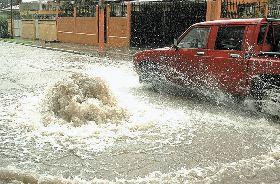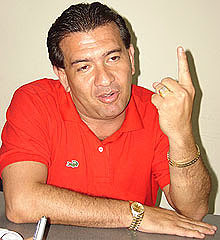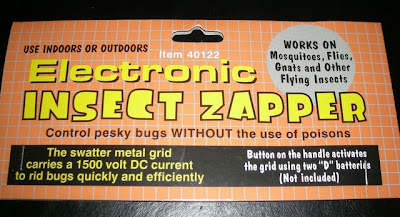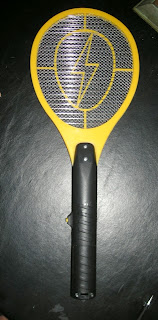It is (almost) always nice to get comments from readers. Continuing the conversation with input from readers is lots of fun and sometimes more interesting than the blog post itself. It helps me to "get to know" blogicito readers and get a better idea of what you are interested in.
Unfortunately, I had to change my blog settings to not allow anonymous comments anymore. It was just getting too confusing, and for other reasons, but that doesn't mean that I don't want to hear from you!
You don't have to own a blog, be a Blogger, or have a Gmail account to be able to comment. You just need to use a Google account. If you use Gmail, belong to Google Groups, or have signed up for any other Google services, you already have a Google account. You can use that account or you can set up a new one with the "nickname" that you prefer to use in blog comments. Any email address can be used, Google, Yahoo, or any other, and it won't be shown in the comment, only the nickname is shown.
To set up a new Google account, click the "sign up here" link on the comment page, fill out your email address, select a password and a display name (nickname), accept Google's terms, and that's all there is to it. Once you click continue, it will take you back to the comment page.
You can also set up a Blogger profile to use with this account, or not, as you prefer. It isn't necessary to have an actual blog to have a Blogger profile. If you want people to know a little bit about you, show an image with your comment, or direct them to your website, you can use the profile. You can also make your Blogger profile available to view by the public or private.
So you see? It is really quite flexible and you can still maintain your privacy. If you can't figure it out, send me an email and I'll try to help.
So how about it? Will you try leaving a comment even if, like Akinoluna, you have nothing to say?
Hoping to hear from you.....










































 Welcome to my Blogicito —
Welcome to my Blogicito — 








